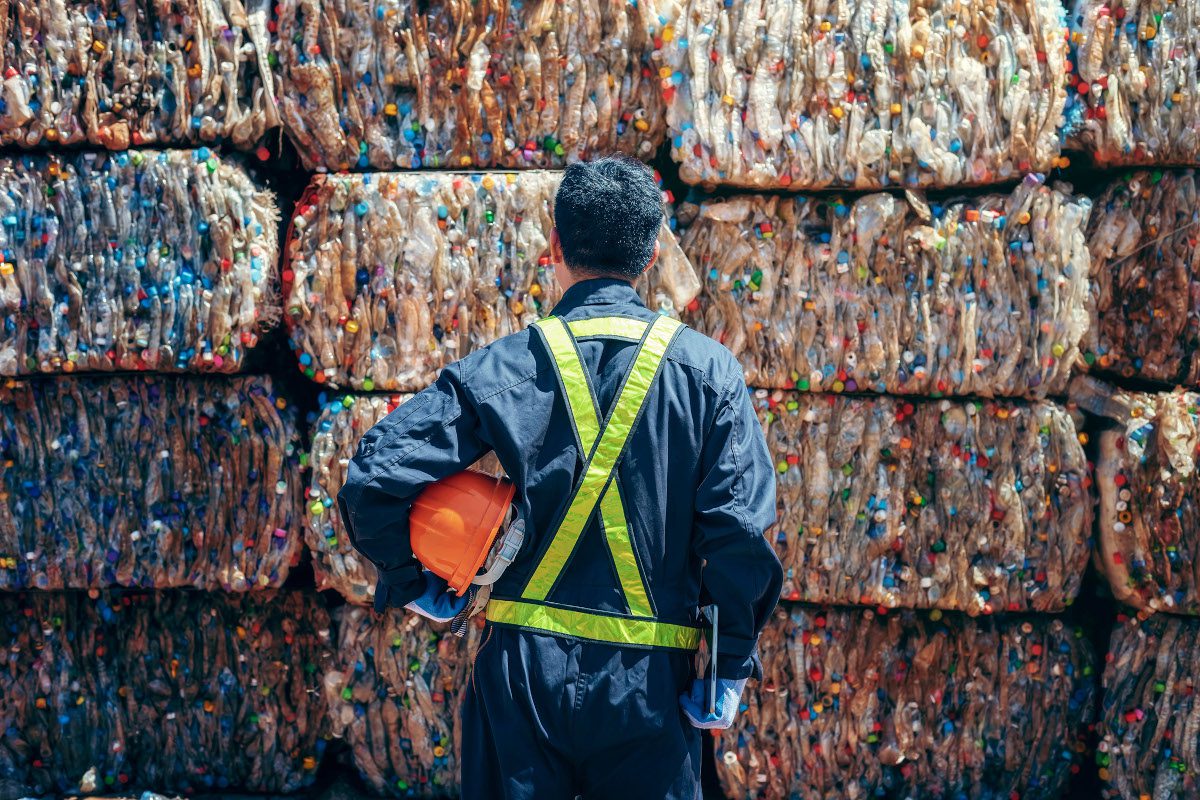
The Association of Directors of Environment, Economy, Planning and Transport (ADEPT) has reacted unequivocally to suggestions that Extended Producer Responsibility (EPR) should be abandoned as a result of the cost of living crisis.
ADEPT has restated its view that the introduction of EPR will reduce the carbon footprint of managing resources, encourage a more sustainable use of materials and minimise waste.
The Association welcomes private sector investment in state of the art recycling facilities in places like the North East, but believes more are required to meet the government’s ambition of becoming a world leader in resource efficiency and waste reduction. Supporting the circular economy will create jobs and the government’s levelling up agenda.
Steve Read, Chair of ADEPT’s Environment Board said: “If we are serious about climate change, which is a major concern for the public, it is imperative that we introduce EPR. The premise that the cost of EPR has to be passed to consumers is frankly disingenuous – the industry could do much more to make better and more effective use of packaging.
“There is no requirement for these costs to be passed to the consumer. The cost of poor and excessive packaging has been avoided by the industry for years and it is disappointing that such a narrow perspective of how the cost of living crisis impacts on households and the most vulnerable in society is being put forward. When an industry doesn’t regulate itself, we need strong fiscal policies to encourage the sustainable use of precious resources.”
The principles of EPR and the circular economy are embedded in the Environment Act which passed through Parliament last year after extensive consultation. The Association considers that introducing EPR will encourage producers to reduce their packaging through meeting the full net costs of packaging management, which alongside the introduction of modulated fees, will encourage better packaging design and make it easier to recycle.
ADEPT has long argued that the cost of managing waste should be shifted from the public purse to industry providing the necessary incentive to improve packaging design, and to drive greater investment in UK-based reprocessing facilities and jobs. Not only, that, EPR will help bring much needed clarity to the public around what can be recycled.
Mr Read continued: “Local authorities cannot afford for EPR to be delayed when they are already under extreme financial pressure. Every pound spent by councils on dealing with rubbish could be better spent against the spiralling cost of social care for the elderly and vulnerable – which are only going to worsen in the coming months. Abandoning EPR will do nothing for hard hit households.
“The government has acknowledged that economic success and environmental responsibility go hand in hand. Packaging producers and retailers must play their part in developing a truly effective and efficient resource management system and a strong UK-based innovation-led economy. EPR is an important thread in the move towards natural resource security for the UK and investment in green jobs and infrastructure.”







